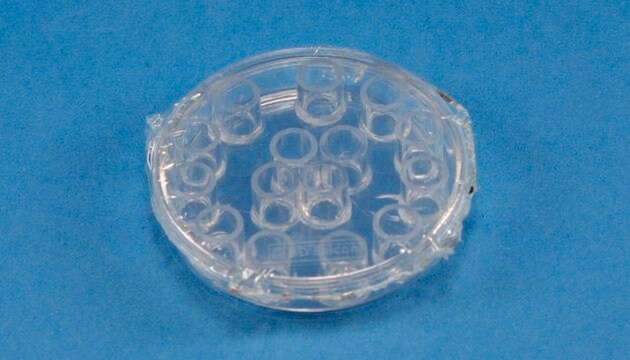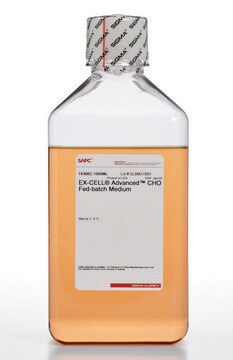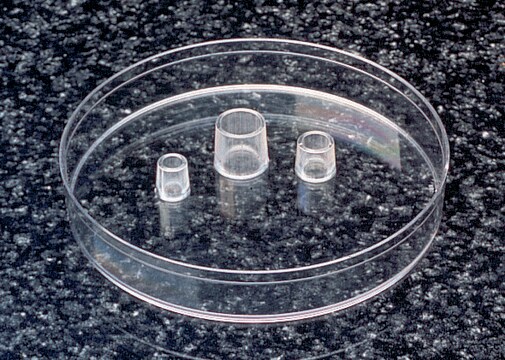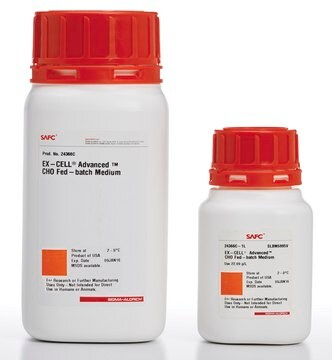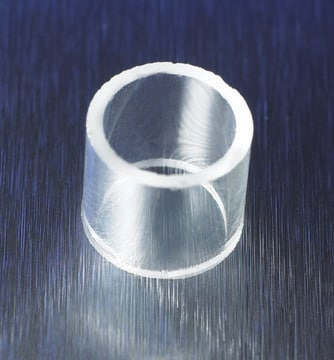C9098
EX-CELL® ACF CHO Medium
Animal-component free, without L-glutamine, use at 21.5 g/L, dry powder, suitable for cell culture
Pharma Manufacturing
Synonym(s):
CHO Medium
About This Item
Recommended Products
Quality Level
description
for research or for further manufacturing use
form
dry powder
quality
Drug/Device Master File available
concentration
21.5 g/L
technique(s)
cell culture | mammalian: suitable
storage temp.
2-8°C
Looking for similar products? Visit Product Comparison Guide
Features and Benefits
Other Notes
Does not contain antibiotics, antimycotics, L-glutamine, or transferrin. Contains no animal-derived proteins or other components.
Reconstitution
1. Measure out 90% of final required volume of tissue culture grade water. Water temperature should be 25-40oC.
2. While stirring the water, add the powdered medium (21.5 g/L). Heat may enhance solubility but do not go above 40oC.
3. Rinse original package with a small amount of water to remove all traces of the powder. Add to solution in step 2.
4. Stir until dissolved.
5. Add 0.6g/L (range 0.6-1.2g/L or higher depending on individual cell line) of G3126 L-Glutamine.
6. Add 1.5 g/L of S8875 sodium bicarbonate (If increased buffering capacity is desired this amount can be increased to 3.0 g/L).
7. Adjust the pH to 7.45 range (7.3-7.6) using 5 N NaOH.
8. Use additional water to bring the solution to final volume.
9. Sterilize immediately by filtration using a membrane with a porosity of <0.22 microns. Do not use poly-ether sulfones (PES) type of membranes. We recommend PVDF as the best inert type of filter membrane.
10. Aseptically dispense medium into a sterile container. Store at 2-8 °C in the dark.
Legal Information
supplement
Storage Class Code
11 - Combustible Solids
WGK
WGK 3
Flash Point(F)
Not applicable
Flash Point(C)
Not applicable
Choose from one of the most recent versions:
Already Own This Product?
Find documentation for the products that you have recently purchased in the Document Library.
Customers Also Viewed
Articles
MGAT1 adds N-acetylglucosamine to the Man5GlcNAc2 (Man5) structure. Goh et al. reported increased sialylation after restoring MGAT1 function in MGAT1 deficient CHO cells.
A signal peptide is a 5-30 amino acid (aa) peptide present at the N-terminus of secretory proteins.
In the present study, we have identifi ed species-specifi c housekeeping genes (HKGs) for Chinese Hamster Ovary (CHO) cells using data from microarray gene expression profiling.
Our team of scientists has experience in all areas of research including Life Science, Material Science, Chemical Synthesis, Chromatography, Analytical and many others.
Contact Technical Service
